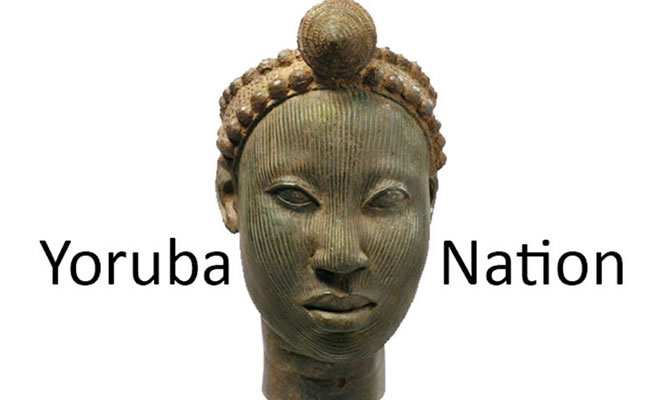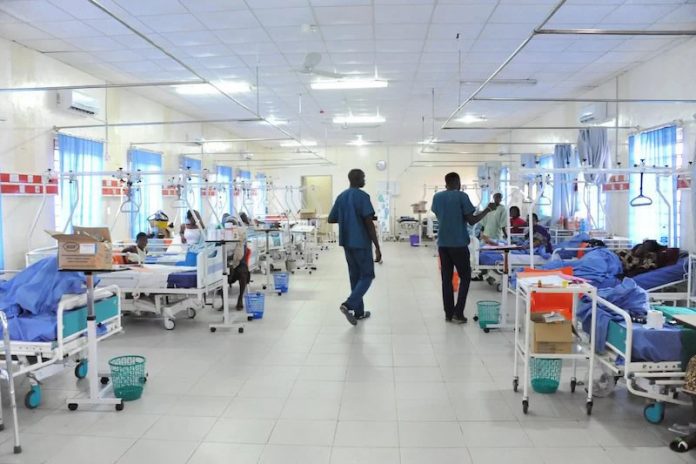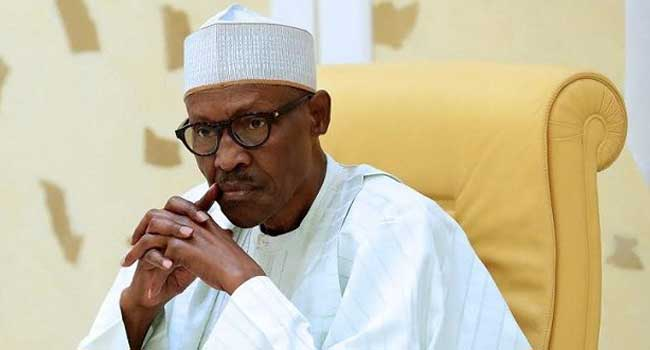Delay in signing automotive industry bill affecting industry – Aliyu

…Says 9 firms assembling vehicles in Nigeria
Mathew Dadiya, Abuja
Director General of the National Automotive Design and Development Council (NADDC), Jelani Aliyu, has said that the continuous delay by President Muhammadu Buhari to assent to the Automotive Industry Development Bill, which was passed by the 8th National Assembly is affecting the pace of business in the sector.
Aliyu therefore, called on President Buhari to as a matter of national importance, sign the bill into law to enable the agency regulate the sector in accordance with global best practices.
The director general made the appeal on Sunday in an interview with newsmen in Abuja.
The development came two years after the council’s confirmation of its approval of 45 companies that signified interests in building vehicle assembly plants in Nigeria, following the federal government’s introduction of an auto-policy meant to discourage importation of fully built vehicles.
A total of nine auto manufacturing companies are currently assembling vehicles in Nigeria.
Aliyu further explained that Nigeria has started seeing the results of the auto -policy with nine local automotive firms assembling vehicles.
He listed the nine firms assembling vehicles in the country as Peugeot Automobile Nigeria, Nissan Motors, Honda Motors, Innoson Vehicle Manufacturing Company, Hyundai Motor Company, Ford Motor Company, GIC Motor Companies Ltd, JAC Motors and Kia Motors.
He also said Volkswagen would soon be setting up an automobile hub in Nigeria, adding that a memorandum of understanding to that effect has already been signed between the federal government and the company.
“Under the agreement, Volkswagen would implement a phased approach in relation to the assembly of vehicles, initially from assembly kits with the long-term view of establishing Nigeria as an automotive hub in the West Coast of Africa,” he said.
Speaking on the vehicle finance scheme, he said that the initiative would be implemented before the end of the third quarter of 2019.
“Already the agency has reached an understanding with three banks for single-digit-interest loans of between six and nine per cent that will be given to eligible Nigerians after they must have deposited 10 per cent of the cost of the vehicle.
“We are working with three banks: Wema Bank, Stanbic IBTC and Jaiz Bank to offer vehicle financing at a single-digit interest rate. We’ve reached advanced stage and we hope that before the end of this second quarter, that programme will be in operation,” Aliyu added.
The automotive policy, inaugurated in 2014, contains a number of measures needed to revitalise the industry for job creation, local value addition and technology acquisition.
It has six components, which are standards, industrial infrastructure, local content development, skills development, investment promotion and market development.
Aliyu added, “Any new company that sets up to produce vehicles in the country will be given a 10- year pioneer tax status to help them recuperate the huge investment. The automotive sector requires hundreds of millions of dollars to set up a plant.
“They are given a 10-year tax holiday to stop the importation of used vehicles into the country” and expressed optimism that once the bill was assented to, more automobile companies would set up plants in Nigeria.
Aliyu stated further that “the only way we can ensure that this country continues to be a successful nation is to provide industrialisation and provide jobs.
The only way we can provide jobs is to boost industries and support those local and international investors coming to Nigeria to produce.
“That is why the automotive policy is important for local production. We are making progress because we have investors coming from around the world, especially Japan, which is the heartbeat of automobiles.”








